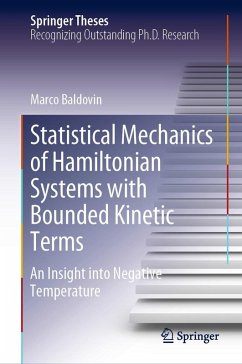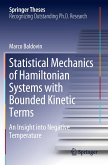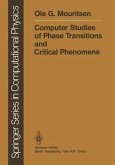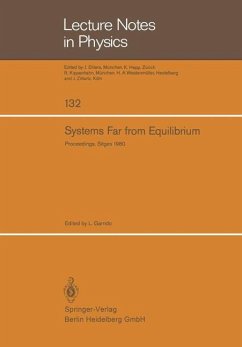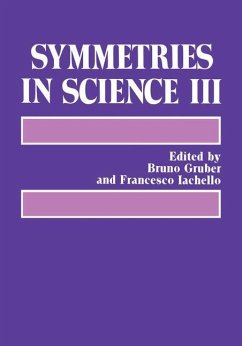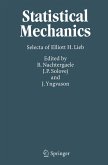Recent experimental evidence about the possibility of "absolute negative temperature" states in physical systems has triggered a stimulating debate about the consistency of such a concept from the point of view of Statistical Mechanics. It is not clear whether the usual results of this field can be safely extended to negative-temperature states; some authors even propose fundamental modifications to the Statistical Mechanics formalism, starting with the very definition of entropy, in order to avoid the occurrence of negative values of the temperature tout-court.
The research presented in this thesis aims to shed some light on this controversial topic. To this end, a particular class of Hamiltonian systems with bounded kinetic terms, which can assume negative temperature, is extensively studied, both analytically and numerically. Equilibrium and out-of-equilibrium properties of this kind of system are investigated, reinforcing the overall picture that the introduction of negative temperature does not lead to any contradiction or paradox.
The research presented in this thesis aims to shed some light on this controversial topic. To this end, a particular class of Hamiltonian systems with bounded kinetic terms, which can assume negative temperature, is extensively studied, both analytically and numerically. Equilibrium and out-of-equilibrium properties of this kind of system are investigated, reinforcing the overall picture that the introduction of negative temperature does not lead to any contradiction or paradox.

